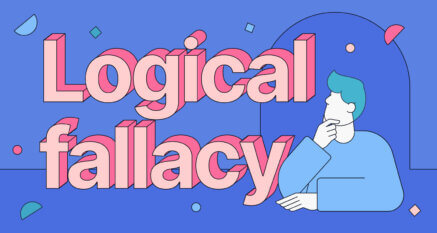
# The Belief Superiority Effect: How Being Convinced of Your Own Rightness Can Lead to Less Knowledge
We’ve all met people who are unwavering in their conviction that their views are the best. Whether discussing politics, science, or personal beliefs, some individuals feel they possess the ultimate truth, deeming others as simply incorrect. But does this self-assuredness actually reflect genuine knowledge? A study conducted by Michael Hall and Kaitlin Raimi, appearing in the *Journal of Experimental Social Psychology*, investigates this topic by examining the notion of *belief superiority* and its consequences.
## What is the Belief Superiority Effect?
Belief superiority refers to the belief that one’s own opinions are not only correct but also superior to those of others. This extends beyond merely believing you are right; it signifies a conviction that other views are inherently flawed. This psychological phenomenon has attracted attention due to its ability to stifle open-mindedness and hinder intellectual development.
Hall and Raimi’s research builds on the recognized Dunning-Kruger effect, which posits that individuals with limited knowledge in a specific area often overrate their own understanding. However, their findings unveil an added dimension: it’s not solely ignorance that drives overconfidence, but also the belief that one’s own opinions are superior.
## Overvaluing Knowledge and Dismissing Learning Opportunities
In a series of experiments, the researchers evaluated how individuals exhibiting high belief superiority viewed their own knowledge levels. The outcomes were notable—those who felt their opinions were better tended to overstate their comprehension of a topic. Even when presented with opportunities for further learning, they were less inclined to utilize educational resources.
This indicates a perilous cycle: the more someone perceives their opinions as superior, the more resistant they may become to new information. This can entrap individuals in echo chambers, where they disregard opposing views without thorough evaluation.
## Why Is This Important?
The belief superiority effect carries considerable consequences for societal discussions. In an age marked by misinformation and political division, the proclivity to overrate one’s knowledge while dismissing contrary evidence can exacerbate divisiveness and hinder informed choices.
Psychologists advocate for fostering intellectual humility—acknowledging that personal beliefs may not be absolute—as a strategy to mitigate the adverse effects of belief superiority. Promoting curiosity, engaging with differing viewpoints, and embracing the possibility of being incorrect are essential steps toward overcoming this cognitive bias.
## Conclusion
Having confidence in one’s opinions is not inherently negative, but when it leads to an inflated sense of knowledge and an unwillingness to learn, it can be harmful. By acknowledging the boundaries of our understanding and remaining receptive to new insights, we can evade the snares of belief superiority and encourage more constructive dialogues in both personal and public discussions.
For additional reading, you can explore the full article in the British Psychological Society’s Research Digest: [People who think their opinions are superior to others are most prone to overestimating their relevant knowledge and ignoring chances to learn more](https://digest.bps.org.uk/2018/05/31/people-who-think-their-opinions-are-superior-to-others-are-most-prone-to-overestimating-their-relevant-knowledge-and-ignoring-chances-to-learn-more/).